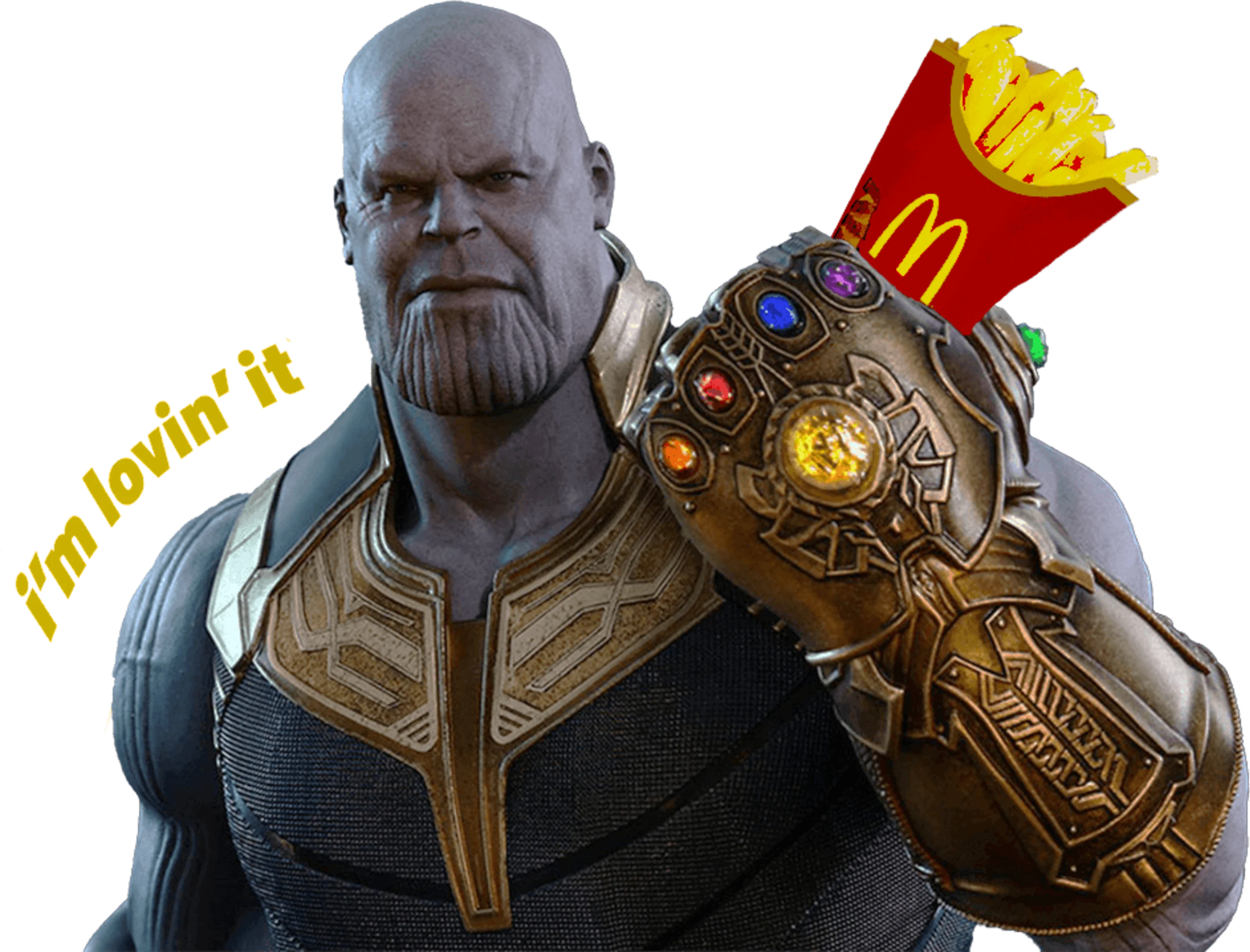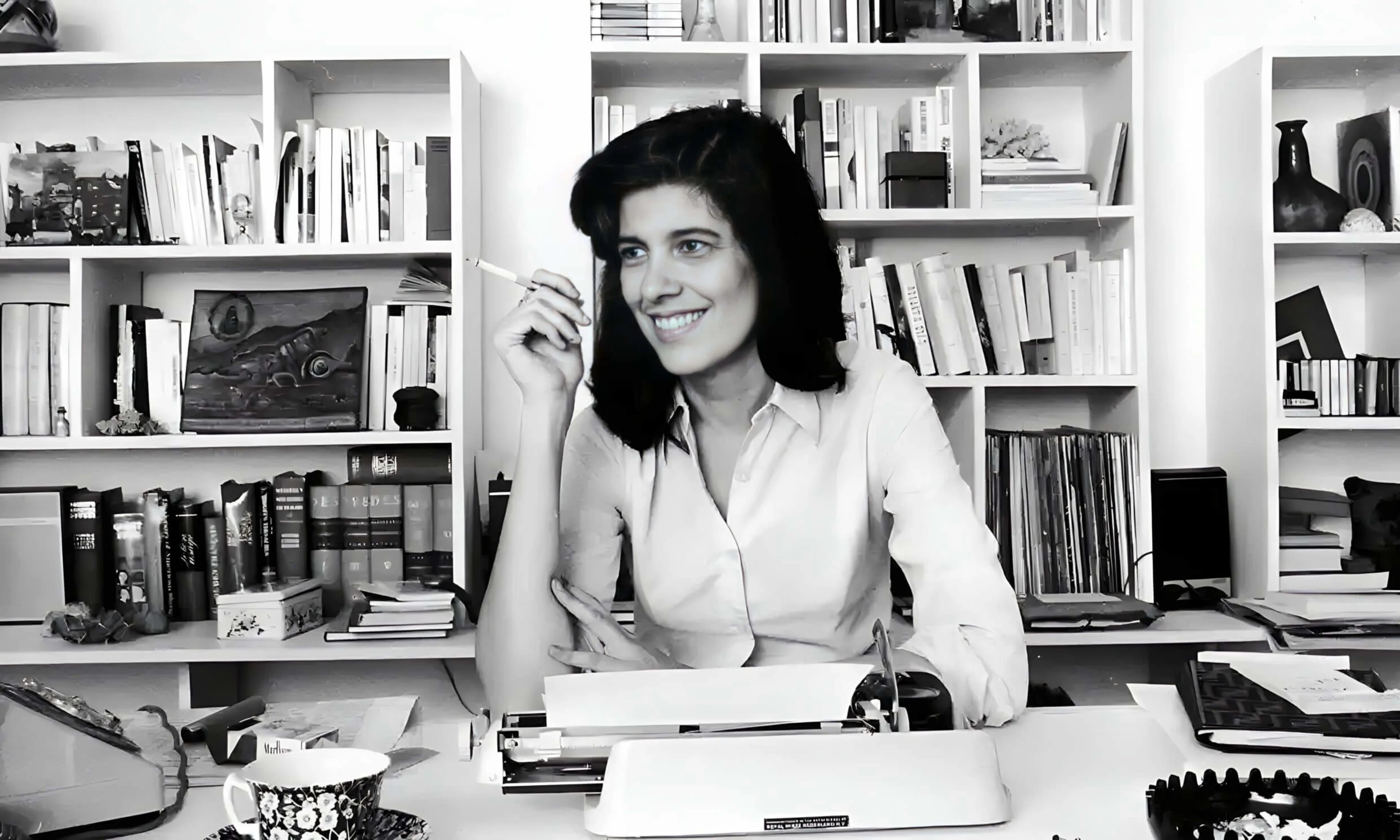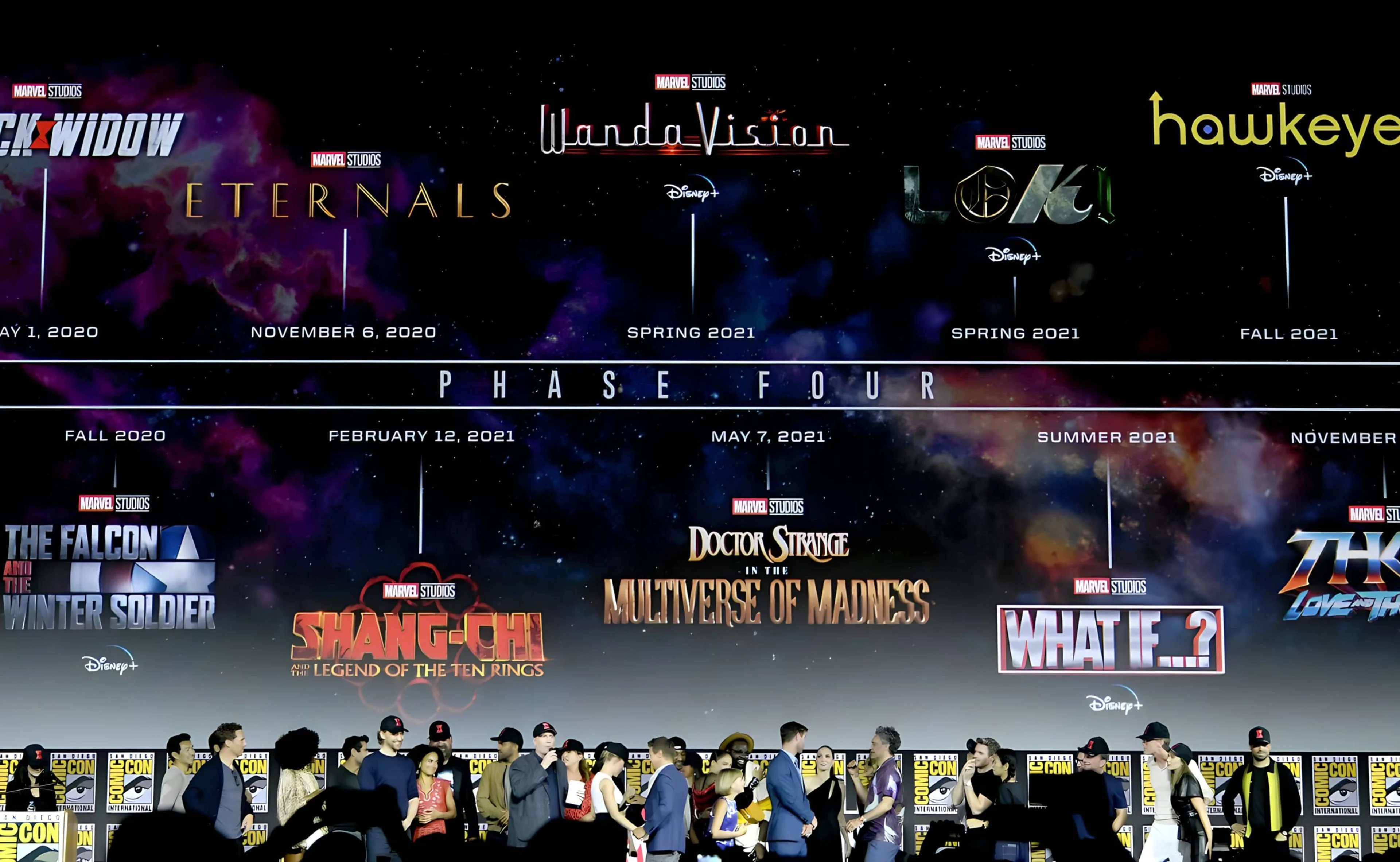How the MCU became the McDonald's of cinema


In 2019 Martin Scorsese the director of Goodfellas, Raging Bull, and Taxi Driver had the audacity to say that the Marvel Cinematic Universe (MCU) wasn’t really for him. So earth-shattering was the response to the idea that the then seventy-six-year-old, nine-time Academy Award for Best Director nominee had no intention of turning up to the midnight premiere of Avengers: Endgame, that Scorsese quickly had to write a defensive article explaining that he wasn’t meaning to demean the fans, the cast or the crew and that it was only his personal opinion that the MCU had more in common with theme park thrills than “the cinema of human beings trying to convey emotional, psychological experiences to another human being”.
It is unlikely that American critic, writer, political activist, philosopher and celebrated New York intellectual Susan Sontag would have given so respectful an explanation. Thirteen years before Iron Man launched the MCU, Sontag -an enthusiastic cinemagoer- had already announced the end of cinema’s life cycle. In her essay, A Century of Cinema, originally written for the Frankfurter Rundschau, and later abridged for The Times she argued that:
While the point of a great film is now, more than ever, to be a one-of-a-kind achievement, the commercial cinema has settled for a policy of bloated, derivative film-making, a brazen combinatory or recombinatory art, in the hope of reproducing past successes. Cinema, once heralded as the art of the 20th century, seems now, as the century closes numerically, to be a decadent art.

Here Sontag makes clear that it’s not just that she found 1995 to be a worse year for movies than say, 1965. But that the whole industry had crawled towards a homogeneity whereby the only way to guarantee a profit was to ensure repetition. The numbers would tend to agree with her.
| Rank | Movie | 1965 Gross | Tickets Sold |
|---|---|---|---|
| 1 | The Sound of Music | $163,214,286 | 161,598,302 |
| 2 | Doctor Zhivago | $111,721,913 | 110,615,755 |
| 3 | Thunderball | $63,600,000 | 62,970,297 |
| 4 | Those Magnificent Men in Their Flying Machines | $31,111,111 | 30,803,080 |
| 5 | That Darn Cat! | $28,062,222 | 27,784,378 |
| 6 | The Great Race | $25,333,333 | 25,082,507 |
| 7 | Cat Ballou | $20,666,667 | 20,462,046 |
| 8 | What's New, Pussycat | $18,820,000 | 18,633,663 |
| 9 | Shenandoah | $17,268,889 | 17,097,909 |
| 10 | Von Ryan's Express | $17,111,111 | 16,941,694 |
| Rank | Movie | 1995 Gross | Tickets Sold |
|---|---|---|---|
| 1 | Batman Forever | $184,031,112 | 42,306,002 |
| 2 | Apollo | $172,036,360 | 39,548,588 |
| 3 | Toy Story | $150,004,917 | 34,483,888 |
| 4 | Pocahontas | $141,551,246 | 32,540,516 |
| 5 | Ace Ventura: When Nature Calls | $104,371,496 | 23,993,447 |
| 6 | Casper | $100,328,194 | 23,063,952 |
| 7 | Die Hard: With a Vengeance | $100,012,499 | 22,991,379 |
| 8 | Goldeneye | $93,662,146 | 21,531,527 |
| 9 | Crimson Tide | $91,387,195 | 21,008,550 |
| 10 | Waterworld | $88,246,220 | 20,286,487 |
| Rank | Movie | 2022 Gross | Tickets Sold |
|---|---|---|---|
| 1 | Top Gun: Maverick | $718,732,821 | 68,778,260 |
| 2 | Black Panther: Wakanda Forever | $438,291,367 | 41,941,757 |
| 3 | Avatar: The Way of Water | $425,527,069 | 40,720,293 |
| 4 | Doctor Strange in the Multiverse of Madness | $411,331,607 | 44,856,227 |
| 5 | Jurassic World: Dominion | $376,851,080 | 41,096,083 |
| 6 | Minions: The Rise of Gru | $369,695,210 | 40,315,726 |
| 7 | The Batman | $369,345,583 | 40,277,599 |
| 8 | Thor: Love and Thunder | $343,256,830 | 37,432,587 |
| 9 | Spider-Man: No Way Home | $241,130,301 | 23,074,670 |
| 10 | Sonic the Hedgehog | $190,872,904 | 18,265,350 |
As prescient as Sontag was regarding Hollywood and indeed capitalism’s devolution into cannibalism and dependency on sequels, franchises, and reboots, even she would have been amazed by the size of the great Marvel cinematic ouroboros. Since 2007 there have been thirty-one Marvel films with eleven more in development, for comparison it has taken James Bond sixty-one years to make twenty-seven films. On average that’s a new Bond film released every two and a quarter years, and a Marvel movie released every six months.
How does a franchise this hulking stay intact? Well, the increasing frequency of the term “superhero fatigue” would imply that audience interest is disintegrating like Bruce Banner’s shirt. But this has less to do with the colossal scale of the MCU and more to do with the inherent blandness required to keep it all together. Marvel Studios -like all movie studios- know that they need to make it as easy as possible for any member of the public to see one of their movies. This means that despite the thirty-one films and the immense amount of goings-on, they need to keep the world-building as simple as possible. There should be absolutely nothing preventing anyone from seeing a Marvel movie, including knowledge of any of the events or characters within the MCU.
This leads to what Sontag derides as “bloated, derivative film-making [a] brazen combinatory or recombinatory art”. The easiest way to cobble together a Marvel movie is to stuff it with things the audience already knows. Characters are bland, interchangeable, quip-throwers. Big-name actors appear in cameos to break down the fourth wall and switch on the audience’s dopamine producers through the power of recognition. Then characters from other Marvel films will appear, substituting movie magic for a “Look! It’s them!” moment. They’ll engage in plastic banter that would fit perfectly into any franchise instalment. To borrow an analogy more often associated with computing: this is not a bug, it’s a feature. Every element of these films is designed to be as smooth and as homogenous as possible so that no single element upsets the MCU as a whole. That’s why the dialogue follows the same structure; scripts follow the same template; why the music, lighting and cinematography is bland so that nothing can possibly be mistaken as an outlier.

Sontag writes that “the point of a great film is […] to be a one-of-a-kind achievement”. But it is a much sounder monetary policy to instead try and replicate an already existing achievement, and Marvel Studios knows this. If Kevin Feige has any kind of mission statement taped to his office wall, it won’t be Sontag’s “If cinema can be resurrected, it will only be through the birth of a new kind of cine-love”. Instead it will be half-legend/half-maniac 80’s producer Don Simpson’s corporate philosophy memo from his time working for Paramount:
The pursuit of making money is the only reason to make movies. We have no obligation to make history. We have no obligation to make art... Our obligation is to make money, and to make money it may be necessary to make history, art or some significant statement.
The saddest part of Sontag’s predictions about the “hyper-industrial” cinematic industry was that even the “astonishingly witless [films would…] fail resoundingly to appeal to their cynically targeted audiences”. “Resoundingly” might be a Mister Fantastic stretch for now but she was not far off. Increasingly the MCU has failed to appeal to their core demographic: MCU fans. Letterboxd -the social media site for cinephiles- top reviews of the latest Marvel film Ant-Man And The Wasp: Quantumania include:
The visual effects have been widely panned but what seems to have cut to the core of the fan base is that these films just aren’t fun anymore. Even the most devoted of acolytes left the cinema disappointed that the film was in effect, just a trailer for the next film, setting up yet another world of weightless, consequence-less, contentless, mush.

Sontag was a snob, some would go as far as saying she was a monster. But she was a snob about art because she knew art was important. She knew the value of aesthetic entertainment. She did screen tests for Warhol and wrote essays “Against Interpretation” and “On Camp”. She understood that art should be revelatory and would have hated how the only thing Marvel (and indeed cinema) has to offer is Stockholm syndrome.
“A Century of Cinema” was Sontag’s final word on the movies. So disheartened was she by the industry, she stopped writing about what was once her passion. And yet, she kept going to the movies. She could never bare to watch them at home and decried that half the movie experience was sitting intimately in the dark with strangers; being “kidnapped” by the movie, “surrender[ing]” to it; sharing this experience. Yet it is reported that “At the end of her life, working hard, and often ill, Susan Sontag went to the movies almost every day of the week”. She may have publicly turned her back on the whole enterprise, but she never truly lost hope. She knew there was something better out there, a small film, a foreign-language film, an independent film. As more and more people begin to resist Marvel’s chokehold on cinema perhaps, they would benefit from doing what Sontag did and venturing out in search of something new, something they have truly never seen before.
Written by
Alistair MaxwellFreelance writer. Arts and culture enthusiast. Interested in why things are the way they are.
Read next
Weekly emails
Get more from Alistair
The Fledger was born out of a deep-seated belief in the power of young voices. Get relevant views on topics you care about direct to your inbox each week.
Write at The Fledger
Disagree with Alistair?
Have an article in mind? The Fledger is open to voices from all backgrounds. Get in touch and give your words flight.
Write the Contrast